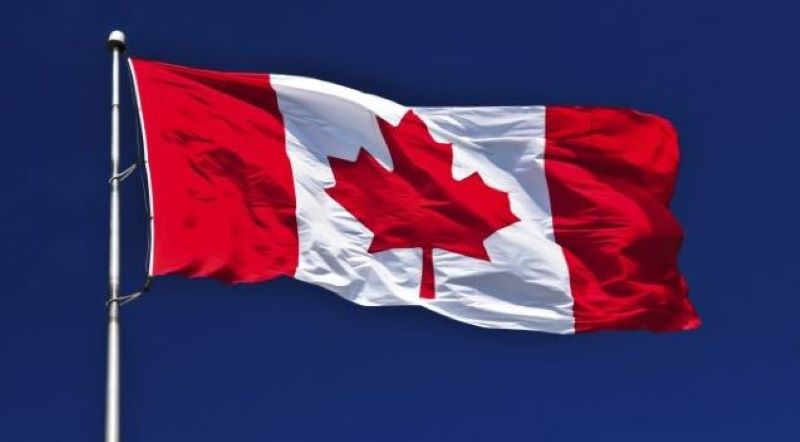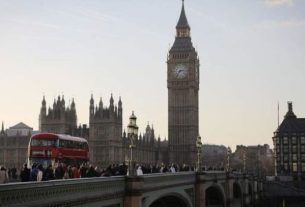Canada’s tightening of its international student policies has hit Indian applicants particularly hard, with nearly three out of four study permit applications from India rejected in August 2025, according to newly released government data, according to NDTV.
The rejection rate of 74 percent represents a dramatic rise from 32 percent in August 2023. The figures, obtained by Reuters, underscore how Ottawa’s broader effort to curb temporary migration and combat student visa fraud is reshaping one of the world’s largest education pipelines.
Overall, about 40 percent of international study permit applications were denied during that period, compared with 24 percent for Chinese applicants. The number of Indian applicants has also plunged from nearly 21,000 in August 2023 to just 4,515 two years later.
For a decade, India has been Canada’s largest source of international students, accounting for more than a quarter of total applications. But it also recorded the highest refusal rate of any country with more than 1,000 approved students this year.
The decline coincides with efforts by both countries to ease diplomatic tensions after a yearlong rift over Canadian allegations that Indian agents were involved in the 2023 killing of a Sikh activist in British Columbia, a claim New Delhi has repeatedly denied.
Canadian authorities say the clampdown stems from an upsurge in fraudulent study permit applications, many originating from India. In 2023, officials uncovered 1,550 fake letters of acceptance, and by last year, more than 14,000 potentially fraudulent documents had been flagged through enhanced verification systems.
Ottawa has since introduced stricter financial proof requirements and increased scrutiny of applicants’ academic and funding backgrounds. “It’s no longer enough to show bank statements,” said immigration consultant Michael Pietrocarlo. “Students now have to prove where that money came from.”
The impact is already visible on campuses. The University of Waterloo; home to Canada’s largest engineering faculty has seen a two thirds drop in Indian enrollment over the past few years. Other universities, including Regina and Saskatchewan, have reported similar declines.
The Indian Embassy in Ottawa acknowledged the growing rejections, calling it “Canada’s prerogative” to issue study permits but noting that Indian students “have long contributed to Canada’s academic excellence.”
As opportunities to work and gain permanent residency in Canada shrink, some prospective students appear less disappointed by rejection. “They’re happy they didn’t come,” said Jaspreet Singh, founder of the International Sikh Students Association. “The promise of ‘study, work, stay’ that once drew us here just isn’t the same anymore.”





